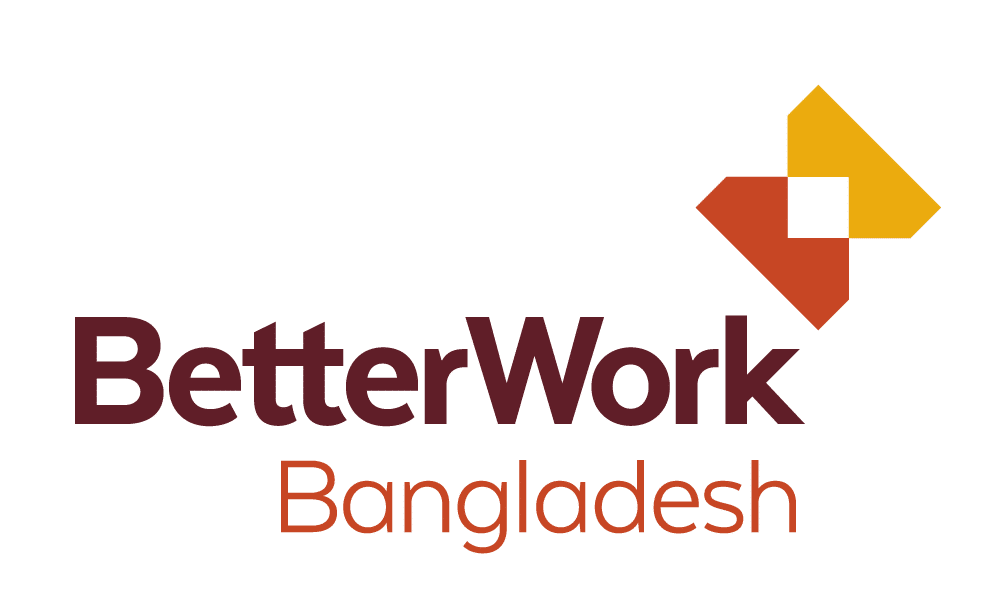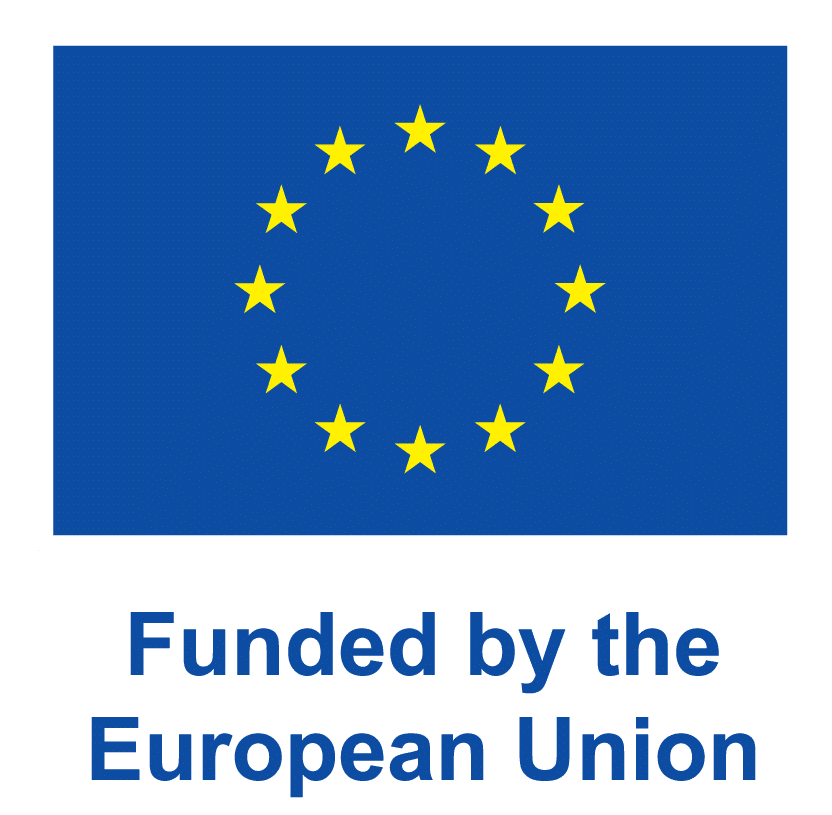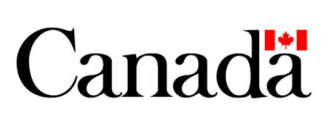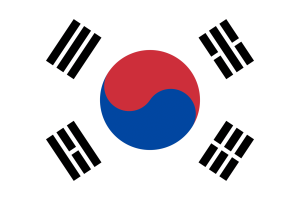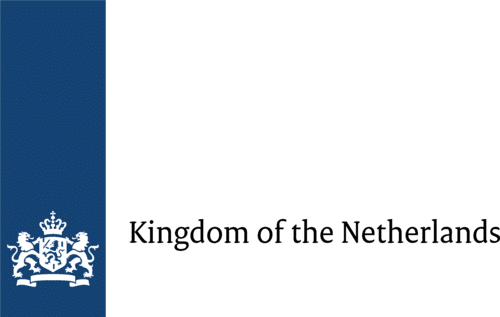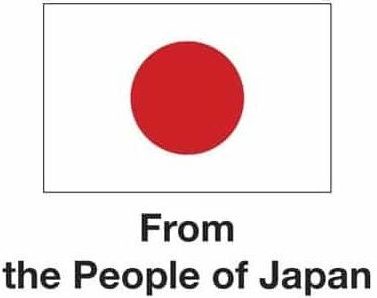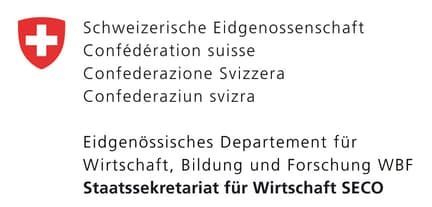In 2016, Better Work Bangladesh held a series of consultation workshops on “Effective Trade Union Engagement” with the leadership of the NCCWE and IBC trade unions. The results of which have improved the relationship and trust between our organizations, leading to increased collaboration and information sharing on Freedom of Association challenges in Better Work registered factories.
Better Work Bangladesh
Established in 2015, Better Work Bangladesh has been an essential facilitator of growth and expansion of the Ready-Made Garment (RMG) industry ─ one of the economy’s largest export-oriented drivers.
Focused on promoting decent work, empowering women and inclusive economic growth, the programme has grown to include about 450 participating factories. Working with 48 brands and retailers, Better Work Bangladesh impacts around 1.3 million workers, 50 per cent of whom are women.
In its first phase (2014 – 2017), the programme worked with the Government of Bangladesh to better align the country’s labour laws with international labour standards and best practices. This was a period marked by labour law amendments and improvements in union registration criteria adhering to the ILO’s fundamental constitutions on Freedom of Association and Collective Bargaining. In Phase II (2018 – 2022), the programme expanded its operations from Dhaka to the port city of Chittagong. To respond to evolving industry needs, the programme adopted an agile service model and initiated several special initiatives, such as the Gender Equality and Returns (GEAR) programme, maternity health and protection initiatives and the Factory Ambassador Programme (FAP).
Our partners in Bangladesh
Better Work Bangladesh works closely with our parent organizations – the International Labour Organization and the International Finance Corporation, a member of the World Bank Group.
Currently, the programme is actively supporting the ILO in developing a factory inspection tool for the government inspectors. Better Work is also working with the ILO to support the Department of Inspection for Factories and Establishments (DIFE) in the development of an easy-to-read labour law guide.
We also work with different stakeholders on a national level. The Project Advisory Committee (PAC) gathers different national stakeholders to find solutions and foster improvements in the garment industry. Officially approved by the Ministry of Labour & Employment (MoLE) on July 26, 2016, this committee is chaired by the Inspector General (DIFE) and includes members from MoLE, Department of Labour, Commerce, Employer Associations, BGMEA and BKMEA and trade union representatives from NCCWE, IBC and ITUC. The PAC provides strategic advice on the directions of the programme, reviews progress on implementation, and serves as a platform for engagement among stakeholders on key industry issues through biannual meetings.
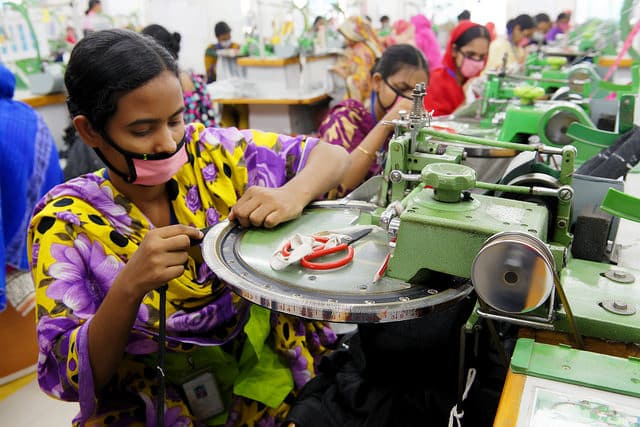
Key Better Work partners in improving working conditions in the garment industry and boost the competitiveness of the sector are:
Government
Better Work Bangladesh has been working closely with the national government in Bangladesh since its inception. The programme has collaborated with the government and the ILO in developing the Bangladesh Labour Act (2013) and the Bangladesh Labour Rules (2015).
Workers & Unions
We work with unions and directly with workers to help realize their rights on the factory floor and find ways to boost their skills so that they can engage in productive discussions and negotiate with employers.
Employers
Factory and manufactory enterprises are key partners in our efforts to create better conditions for garment workers in a way that also boosts business performance. We believe that effective cooperation and mutual trust between employers and their workers not only leads to better working conditions but also better results for business.
Brand & retailers
Our brands, retailers and intermediaries are industry leaders in the movement to reimagine the global supply chain, where workers’ rights are realized and businesses gain a competitive advantage to grow.
Our partner brands, retailers and intermediaries commit to coordinate efforts in order to maximize impact, for example by reducing duplicate audits and by supporting improvement efforts of suppliers in a manner that is complementary and reinforces Better Work Bangladesh’s assistance to factories.
In addition to having access to our assessment reports, our partners have regular interactions with Better Work Bangladesh and the global Better Work programme to discuss industry developments and factory-level issues.
Learn more about benefits for registered brands, retailers and intermediaries
Development partners
Our work is funded through a combination of private sector fees for our services and grants from donors. We work closely with development partners to understand specific interests and goals and help to advance these goals through Better Work’s efforts. Development partners are actively engaged in our programme and are key partners in the development of strategies to improve garment sector supply chains.
